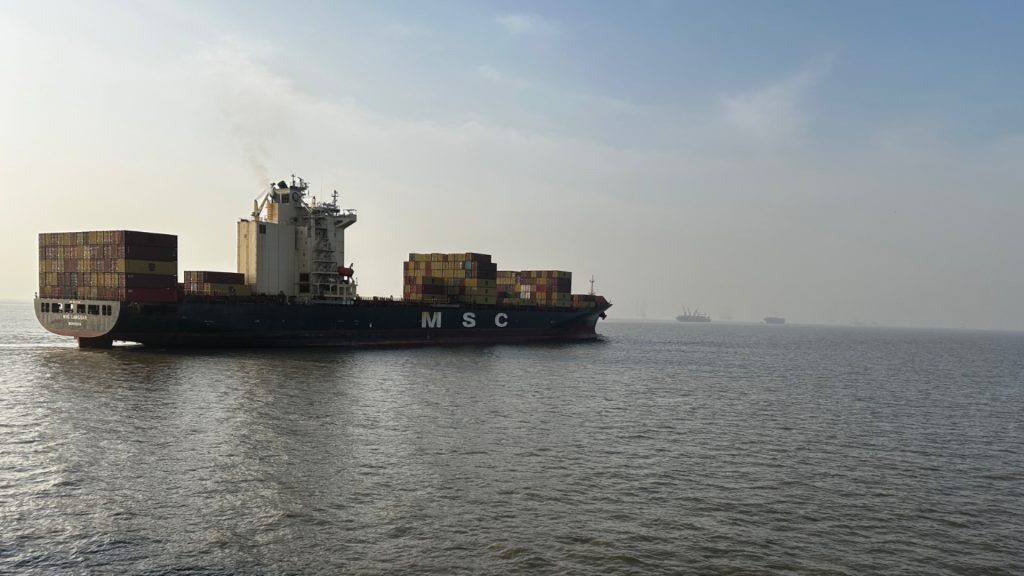The International Maritime Organization (IMO) is expected to take a decisive step this week toward adopting a global carbon pricing mechanism for shipping emissions. This will be strongly backed by an EU-led coalition of nations, including the UK, China and Japan, but fiercely opposed by Washington.
The IMO’s Marine Environment Protection Committee (MEPC) is convening from October 14–17 to vote on a draft marine fuel emissions standard that would impose a levy on ships over 5,000 gross tons that exceed defined CO₂ output thresholds. The measure would penalize higher emitters, reward vessels using cleaner fuels, and channel revenues into a proposed IMO Net-Zero Fund to finance decarbonization projects and climate mitigation in maritime economies.
Revenue potential: Research from University College London projects annual revenues of US $11–12 billion between 2028–2030, with most vessels expected to pay penalties rather than meet thresholds in the early years.
Mechanism: Vessels surpassing the set threshold would either purchase remedial emissions units or pay a direct penalty; those emitting below a separate lower threshold would accrue surplus units, potentially tradable in later compliance markets.
Scope: Targets all international shipping segments over 5,000 GT—covering approximately 90% of global shipping emissions, which currently account for ~3% of total global GHG output (UNCTAD, IMO data).
The proposal stems from an April 2025 preliminary agreement within the IMO which the United States opted out of, subsequently warning of “reciprocal measures” against backers—including port fee increases and visa restrictions. On October 11, the US State Department denounced the framework as “a European-led neocolonial export of global climate regulations.”
By contrast, EU member states reiterated their call for swift adoption, framing the measure as aligned with the Fit for 55 decarbonization package and the bloc’s FuelEU Maritime regulation, which aims to cut maritime GHG intensity by 80% by 2050.
If implemented, the IMO carbon pricing system would mark the first globally coordinated market-based instrument for maritime decarbonisation—impacting fleet investment decisions, fuel supply chains, and trade competitiveness. Industry observers note that opposition from Washington could push shipping companies serving US ports to prepare for divergent compliance regimes, increasing operational and legal complexity across key trade lanes.












